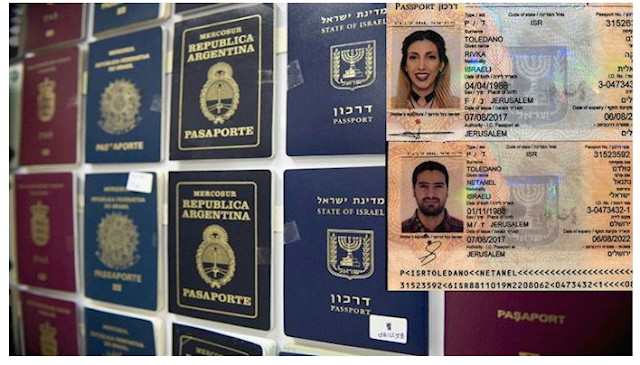Will the Iranian regime commit suicide for fear of death?
The Iranian regime's Majlis (parliament)
Analysis by PMOI/MEK
March 28, 2019 - Amid internal and external crises and the explosive state of the Iranian population, the gloomy prospects of the economy has caused panic among Iranian regime officials more than anything else.
Ali Rabiei, a former Iranian intelligence officer and Hassan Rouhani’s minister of labor until 2018, revealed his horror by saying: “The Persian year ends while very few people expected such an end at its beginning. Fast developments in international relations and global rules, economic uncertainty, and a change in people’s perceptions and values.”
“We started last year with [U.S. President Donald] Trump’s threats and his unilateral sanctions. A lack of readiness for an internal and effective counteraction and some wrong decision made us end the year in a not very well situation,” he added.
Rabiei acknowledged the ruling mullahs’ economic defeat and said: “Some people still don’t believe in the fact of globalization and an increasing and irreversible mutual economic dependency of the world and interpret economic and societal issues with a view limited to internal political competition.”
“Policies and decisions also showed that we lack a structural readiness and sufficient knowledge and experience for crisis situations,” he added.
He then warned Iranian officials about a looming threat of popular uprisings and said: “I believe that if we continue the new Persian year as before, there won’t be a bright prospect in front of us and I very much imagine the possibility of societal movements and turning of conceptual upheavals into the physical realm.”
Mostafa Tajzadeh, an iconic figure for the so-called moderate faction in Iran, reiterated the necessity to concede to the international community saying that “I predict a very difficult year for the country in the economic sector.”
“Especially if the sanctions aren’t lifted and continue, the economic situation will become more complicated and difficult. Rouhani’s government hasn’t much space to maneuver under the sanctions, unless it changes the game of sanctions and instead of chanting that we’ll circumvent the sanctions, finds a way to lift the sanctions and utilizing Iran’s full regional and global potential, starts negotiating with the U.S. and lifts the petro- and banking-sanctions,” he added.
Mohammad Gholi Yousefi, an economist close to Rouhani’s faction, says: “The country’s economy isn’t well, there has been no investments, the country’s manufacturing industry’s production has decreased dramatically, and agriculture isn’t in a good shape. In terms of international issues, we haven’t been able to have wide reaching engagement and solve our issues on the international stage so that we can have a good situation in terms of trading or attracting foreign investments. Unfortunately, we don’t have many friends among world countries and sanctions are increasing.”
“Problems are aggregating and will show themselves one day,” he gloomily warned.
Iranian officials are right about one thing: The economic prospects for the ruling theocracy in Tehran are gloomy and combined with widespread popular discontent, sooner or later, they will present themselves in popular uprisings against the corrupt regime in its entirety, regardless of its supposed factions.
While Iranian regime pundits see no concrete internal potential to fight the crumbling economy, many of them suggest engaging with the international community.
But real engagement comes at the price of forfeiting their hegemonistic ambitions of exporting their corrupt revolution—read death and destruction—to the four corners of the world. This is anathema to the ruling mullahs in Tehran since it cuts to the bone of their philosophy and will have fundamental and far-reaching effects on their mode of behavior and power structure, ultimately resulting in the Islamic Republic’s demise.
So, pundits and politicians who’ve believed in and worked toward real and meaningful reforms in Iran should ask themselves: Will the Iranian regime commit suicide for fear of death?
There is an old and popular Iranian proverb whose literal translation says, “The wolf’s repentance is his death!”
The English analog is, “You may end him but you’ll not mend him,” which doesn’t catch the current political situation in Iran quite as well as its Persian counterpart.
For those of us who’ve experienced the Iranian regime first-hand from day one, this is nothing new. But even we, against all odds, hope that we’ll be proven wrong. Afterall, mending something is much less costly than ending and building it anew.









